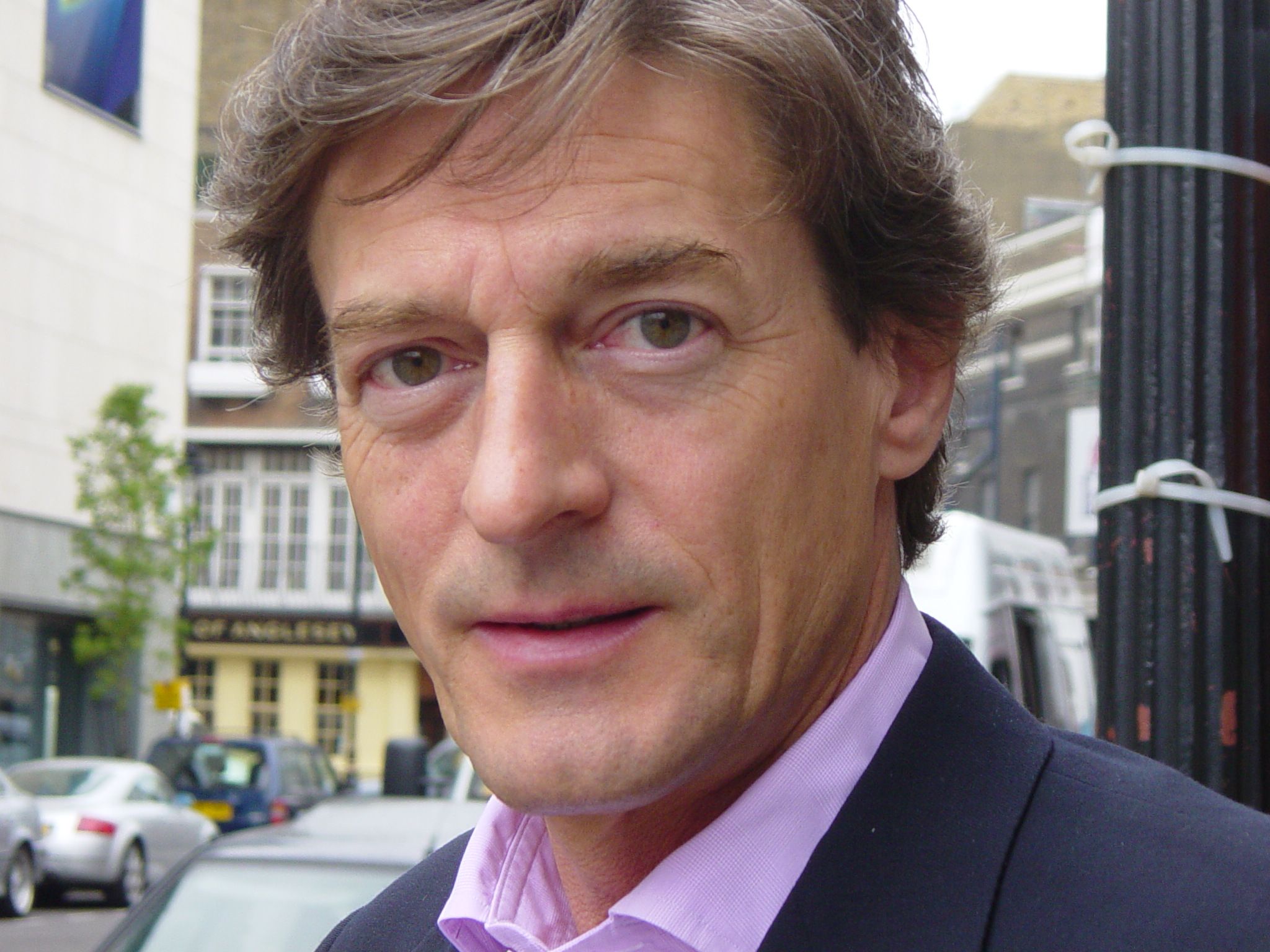
Here are some things I really liked about
Cloverfield:
It's short, and it cuts out all that crappy character development and hugging and learning that really messes up otherwise perfectly good monster movies.
It's loud enough all the way through that even if people are talking in the cinema, you can't hear them.
It's very exciting and genuinely bloody scary. It's also kind of sad. The party scene at the beginning is only short, but it's well written and well acted enough that you accept the basic niceness of the characters. Also, the fact that Robert goes through all that stuff to get to Beth makes you think that maybe, just maybe, they might get away with it, although you know they won't, because of the movie you're watching.
I also love the modernity of it. In the early days of movies, certain signifiers had to be included in order to make films easier for people to follow. If someone was leaving one location to go to another, you would have to see them leave, then see them travel, then see them arrive, because otherwise the audience would be confused about where it was or what was going on. The increased sophistication of audiences is something that Abrams's team has played with in their major TV shows: in
Alias, they switched from one place to another with very little explanation of what was going on a lot of the time; in
Lost, they switch between the present, the past, and the future with very little warning; in both cases, they simply rely on the audience to keep up or not care that they can't keep up.
Cloverfield is the same. Why is there a monster? Don't know don't care. Where did all the other people from the party go? Don't know don't care. How did they get off the Brooklyn Bridge so fast, considering it looked so crowded? Don't know don't... actually, Mister Monkey did wonder about that a little bit.
What they've done is create the spine of a story, and rather than flesh it out themselves, they're going to let everyone who comes along later do that. In a similar fashion to the Max Brooks zombie books, I'm sure there'll be a massive outpouring of
Cloverfield spinoff projects that will show up everywhere. It could be really good.
They also resisted the urge to throw in some monster movie tropes, despite setting the scene for them so clearly. Listing building with gaping open windows looking down toward the ground? Surely a great excuse for a fire, or rescuing a child, or a puppy. But there was nothing. Scrambling across the roof with the monster only blocks away? Surely someone is going to end up dangling off the building in a moment or two. Nope. No time, no time.
Also, some critics have complained about it playing on people's memories of 9/11 by using the images of frightened New Yorkers, covered in dust and milling about, as part of its scare tactics. But isn't that kind of what a good monster movie is supposed to do?
Here are some things I didn't really like about it:
The camerawork did give me the nausea a little bit (although that was maybe a function of the enormous, delicious, and hastily eaten Chinese meal that took place beforehand).
I couldn't understand why, the instant the monster hove into view, the women all turned into useless eejits while the men (one of whom, let's not forget, had been in love with the same woman for years and years and never managed to cowboy up and do anything about it) suddenly became all decisive and brave. Other people also have some race issues with the film (where are all the black people at? Oh, they're looting the electronics store), so maybe the movie could have less hidebound in both of those directions.
Sadly, I probably don't ever need to see it again, except out of pure academic interest. But it was a really enjoyable experience. I thoroughly appreciated the way they ended it with the scenes at Coney Island as well, given that the film is more like a fairground ride than anything else.








